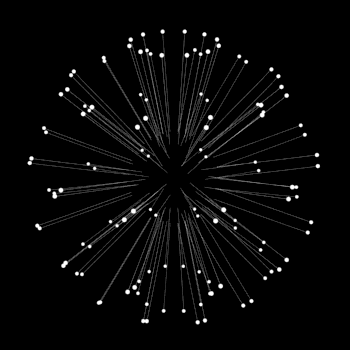Question #8ecac
1 Answer
Oct 11, 2017
Well, let's takes
If
So,
Therefore,
So,
This will be rewritten as
This will now be rearranged to get
To find the total time taken, you do
This is all I can give you since I don't have the full question, only what you gave which was a part 4 to a, and b.
If your value for

